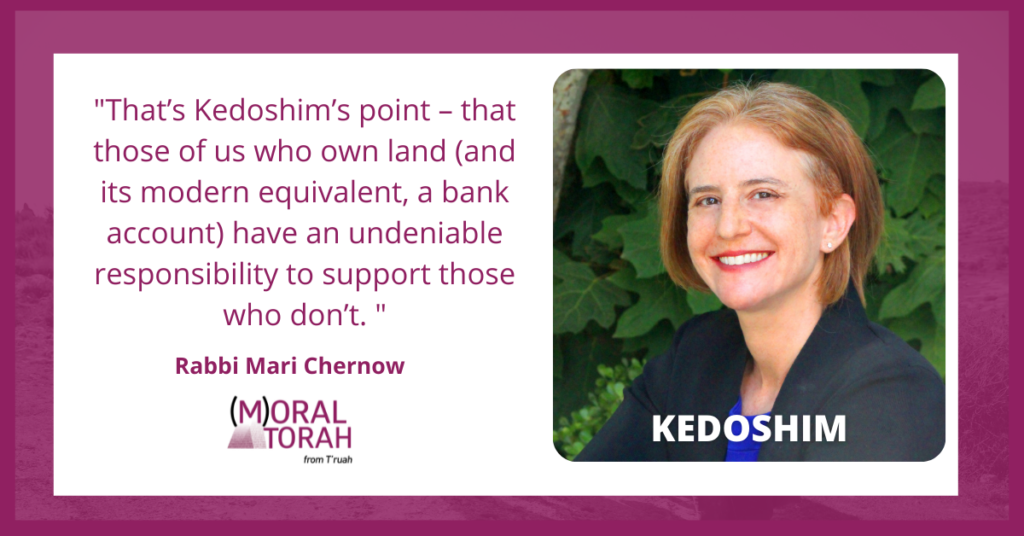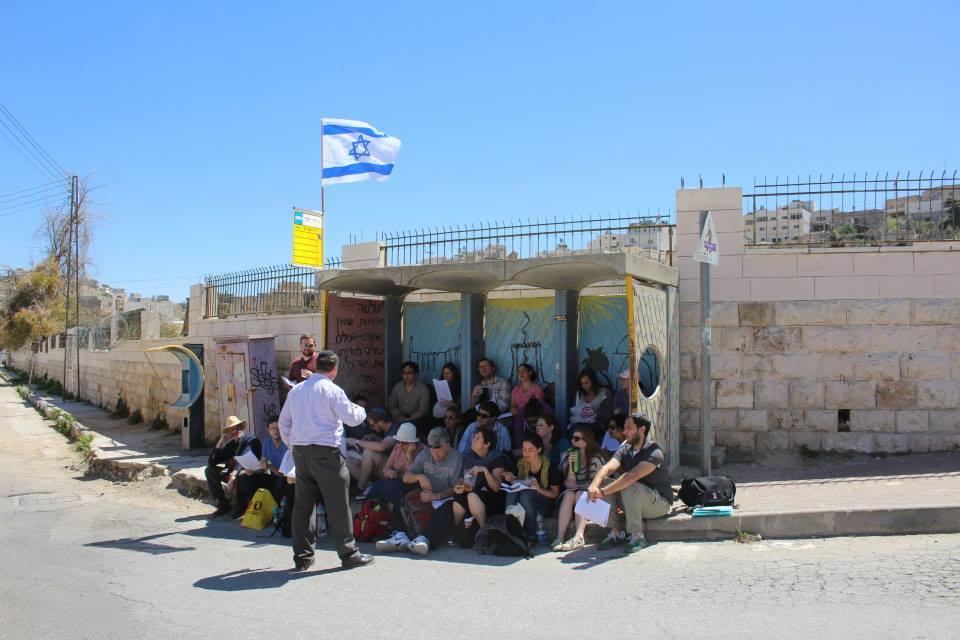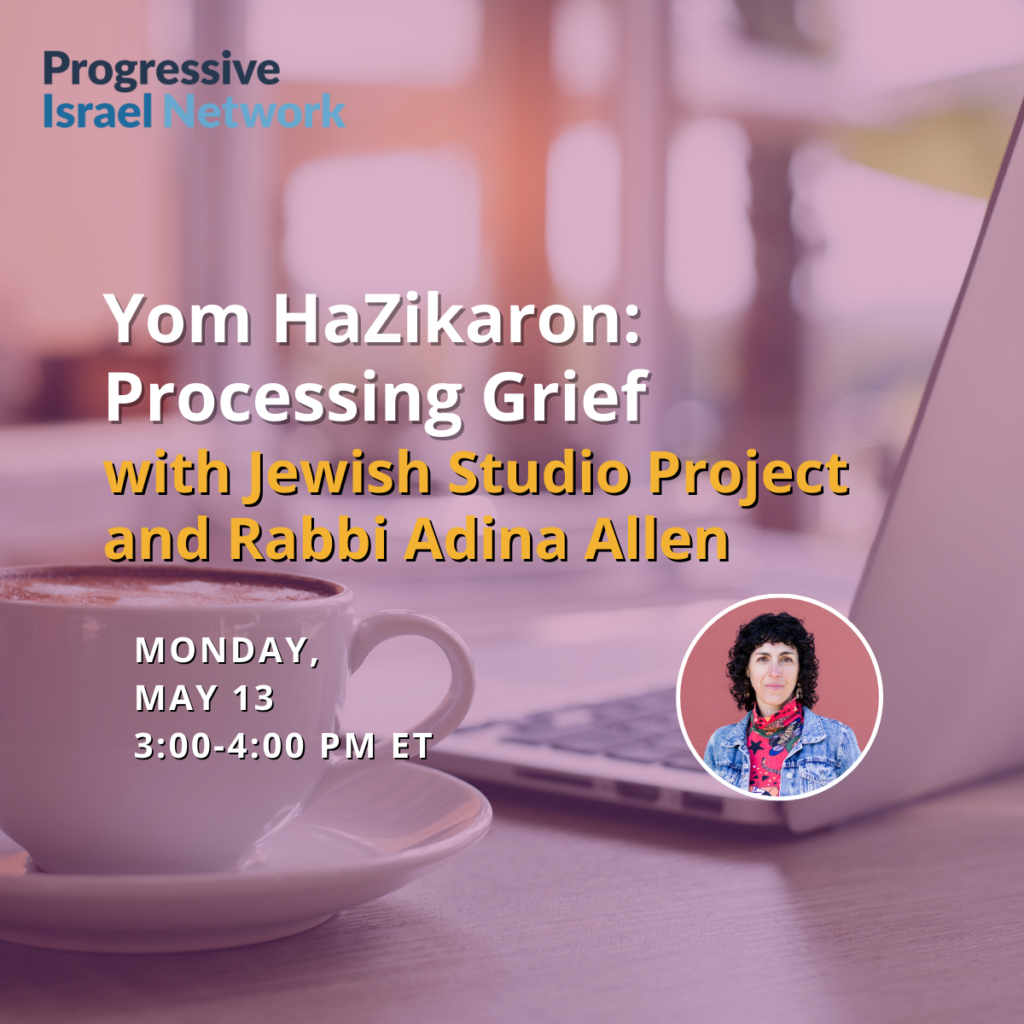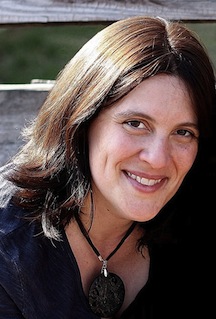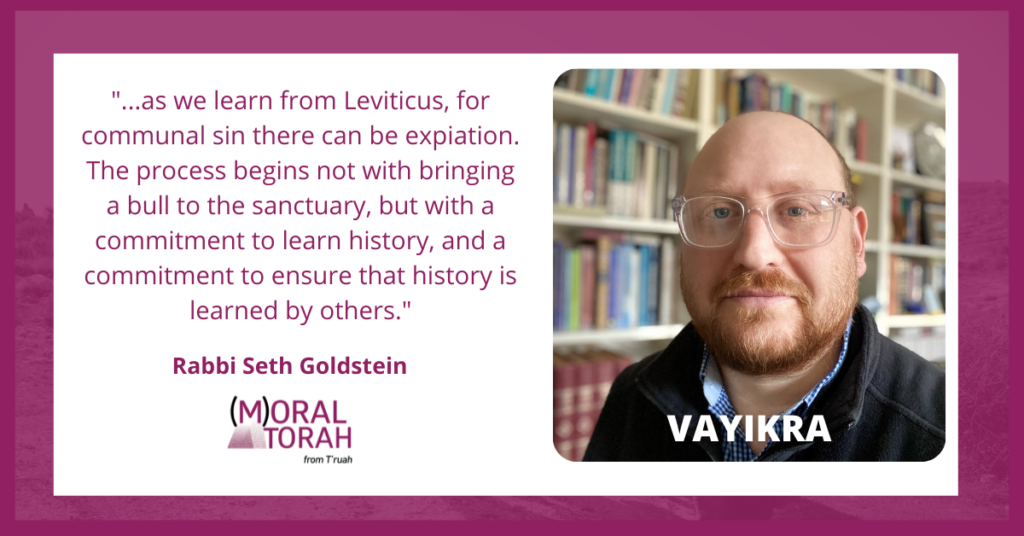
When the Entire Community Is Guilty
...as we learn from Leviticus, for communal sin there can be expiation. The process begins not with bringing a bull to the sanctuary, but with a commitment to learn history, and a commitment to ensure that history is learned by others.
read more

